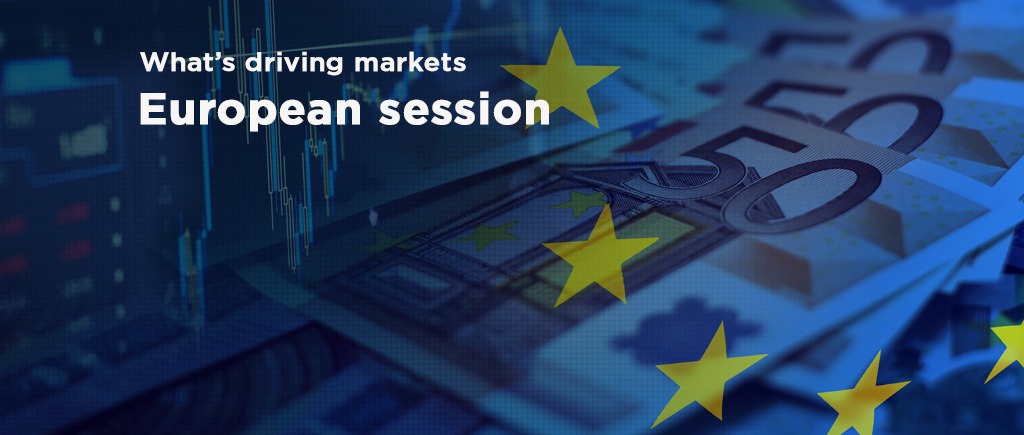European stocks rose Monday, January 9, extending the year’s positive start to the year for a second week, as China reopened its borders and US and European data contributed to calming concerns about the strong tightening of monetary policy by central banks.
The pan-European Stoxx 600 rose 0.3%.
The index recorded its best weekly performance in 9 months on Friday after a group of positive data, including strong factory activity in the euro zone and low inflation in the region, conscious of data that indicated a less severe recession than expected and a decline in price pressures.
The European Union’s statistics office “Eurostat” said Monday, January 9, that the unemployment rate in the eurozone did not change in November and remained at a record low level as expected, as the number of unemployed fell slightly.
He added that the unemployment rate in the 20 euro-dealing countries was 6.5 percent of the labor force in November, the same rate as in October and in line with expectations of economists polled by Reuters.
The number of unemployed fell to 10.849 million in November from 10.851 million in October, a sign that the labor market is still tightening despite economists forecasting a technical recession from the fourth quarter of 2022.
Manufacturers said in a poll published Monday (January 9th) that Britain has become less competitive and less attractive to foreign investors due to rising energy costs and recent political turmoil.
A survey by Make UK, the main trade body for UK manufacturers, and the auditing firm PwC indicated that the percentage of manufacturers who believe Britain is a competitive location has halved to 31% from 63% a year earlier, and 43% said that Britain is becoming less attractive to foreign investors.
The poll, which included 235 companies, was conducted during the period from November 1 to November 22 of the same month, when the turmoil of the short-lived Liz Terrace government was fresh in people’s minds.
Fifty-three percent of companies said that the ongoing political instability has hurt business confidence.
The Eurozone Sentix Investor Confidence index rises to –17.5 in January from -21.0 in December.
The current situation in the Eurozone rose to -19.3 from -20.0, the highest since August 2022 and also the third consecutive rise.
An expectations index improved to -15.8 from -22.0 in December, the highest level since February 2022.
 Noor Trends News, Technical Analysis, Educational Tools and Recommendations
Noor Trends News, Technical Analysis, Educational Tools and Recommendations





